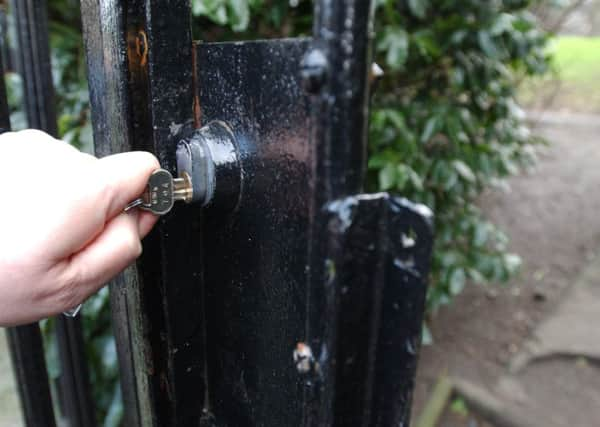David Buchanan-Cook: The aspiration is a single complaints portal for all consumers


While complaints about poor legal services stay with us, and we investigate and make final decisions on those, complaints about legal practitioners’ conduct go to the relevant professional bodies to be determined. We oversee those processes – a function which is often overlooked when people think of us. This is a function we inherited from the previous Scottish Legal Services Ombudsman which was disbanded when the SLCC was created.
We also have duties to promote best practice in how legal regulators and practitioners in Scotland deal with complaints, and the steps they can take to prevent them in the first place. In these respects, our role is closer to that of the Ombudsman schemes we see in other sectors in the UK.
So why do I mention this?
Advertisement
Hide AdAdvertisement
Hide Ad

With most of the UK’s political interest in Westminster concentrating on the B-word, I was pleased last week to spot a report on something refreshingly different – well, everything is relative!
On 30 January, the All Party Parliamentary Group (APPG) on Consumer Protection produced a report following its Ombudsman Inquiry. The group, having taken evidence from various Ombudsman schemes and consumer groups, has published its findings and arrived at a number of recommendations. Although these are primarily aimed at legislators at Westminster, at a time when the future of legal regulation is under discussion north of the Border, at least some are worth considering.
The report’s most significant conclusion is that there should be mandatory membership of an Ombudsman scheme across the consumer landscape, including a single mandatory Ombudsman in each sector. So what would that look like?
Of key significance is the distinction the report draws between a complaint handling body and an Ombudsman. It’s not just about solving an individual consumer complaint, but using evidence gained from that process to drive sectoral improvements. The Ombudsman model combines complaint handling with (a) promoting best practice in the sector and (b) working with the sector to improve policy thinking to correct causes of consumer detriment.
One of the problems identified by the report is that current processes often present a maze for consumers. That chimes with what legal consumers tell us; the process is confusing, particularly where up to five different bodies may involved. Certainly, our “single gateway” role is helpful as it provides a single point of referral at the start of the process – thereafter it can be more confusing where other bodies become involved. However, the recommendation of involving fewer bodies per sector – and the aspiration of introducing a single complaints portal for all consumers – could bring additional improvements to the consumer journey.
The report also discusses issues around the time taken for complaints to be dealt with – both at first tier by the complained of firm/person and also thereafter, once escalated, by the Ombudsman. It also recommends that schemes should commit greater resources to improve signposting, keeping consumers better informed, whilst cooperating with all stakeholders to put the needs of consumers at the heart of process designs.
Unsurprisingly, most issues and concerns covered in the report echo those already identified in the current debate around legal regulation in Scotland, and there is little in the report with which we would disagree.
From an SLCC perspective, dealing with legal complaints is very much like treating an injury – it’s important that we can put things right, and ensure recovery/redress, but our true value is more than that. It’s about the work we do in liaison with the sector to improve standards of service, helping to mitigate the risks of things going wrong in the first place.
Advertisement
Hide AdAdvertisement
Hide AdAs the Chair of the APPG,Yvonne Fovargue MP, said in presenting the report, it’s all about bringing the standards of the rest up to the standards of the best.
David Buchanan-Cook is Head of Strategic Insight at the Scottish Legal Complaints Commission